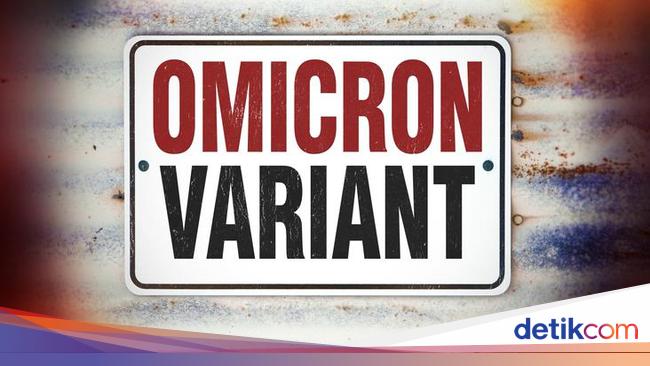The President of Brazil, Jair Bolsonaro, is implementing an anti-indigenous policy, as evidenced by the systematic nature of discriminatory attacks against indigenous peoples and the destruction of public institutions guaranteeing indigenous rights and socio-environmental rights. This has led to the dizzying increase in invasions of indigenous lands, deforestation and forest fires, and even illegal gold mining.
→ READ. Brazilian bishops stand up for indigenous peoples
Data recently released by the Amazon Deforestation Satellite Tracking Project, National Institute for Space Research (Prodes-Inpe), shows the highest deforestation rate in the Amazon, legal for fifteen years. Other biomes also suffer from an extension of environmental destruction.
Illegal gold mining on indigenous lands is expanding with the explicit support of President Jair Bolsonaro. Last May, gold miners set fire to the homes of officials from the Munduruku community following violent clashes with the federal police. In October, indigenous Yanomami children of the Makuxi Yano community, aged 5 and 7, were sucked in by a dredger operating illegally in the region’s river; others have been murdered by gold diggers, and the attacks are increasingly violent.
Invasions encouraged
Land invasions encouraged by the anti-indigenous policies of the Bolsonaro government result in the deaths of indigenous peoples from diseases resulting from the contamination of rivers, fish and soil: studies by the Oswaldo-Cruz Foundation (Fiocruz) have shown that all Mundurukus in villages in the state of Pará have been contaminated by mercury, children and babies being the most vulnerable to its effects, causing psychomotor retardation, memory loss and tremors.
As part of Jair Bolsonaro’s anti-indigenous policy, the Covid-19 pandemic has turned out to be an opportunity: studies and investigations by the parliamentary investigative committee of the Brazilian Senate which analyzed the action of the federal government on the pandemic reported that the death rate of indigenous peoples during the pandemic in 2020 was up to 150%. higher than that of non-natives.
Crimes against humanity
For these reasons and many others, the Articulation of Indigenous Peoples of Brazil (Apib), national organizations such as the Collective for Advocacy on Human Rights (CADHu) and the Commission for the Defense of Human Rights man Arns, along with other international organizations, accuse President Bolsonaro of « crimes against humanity ” and D’“Incitement to genocide against indigenous peoples”.
→ READ. Brazil: Bolsonaro adrift
It is in this context of systematic attacks against indigenous peoples that the Brazilian Supreme Court began to examine in 2021, the criteria for demarcation of indigenous lands. These lands are essential to the physical and cultural survival of indigenous peoples. The weakening and dismantling of the legal protection of indigenous lands thus constitute direct attacks against these peoples.
→ ANALYSIS. Brazil: the governor of Sao Paulo poses as an antidote to Jair Bolsonaro
Jair Bolsonaro, here a promise “Not to delimit any centimeter of native land” : (in fact, no demarcation has been made since the start of his mandate), defends the so-called “temporal framework” thesis according to which indigenous peoples must provide proof of the peaceful occupation of their lands on October 5, 1988 , date of promulgation of the Constitution in force.
Such demands would have two main consequences: the legitimization of the violent invaders who forcibly displaced indigenous peoples during the years of the federal state’s assimilation policy, and the inability to prove possession by the precise date of thirty-two years ago.
“The end of Brazil”
President Bolsonaro has threatened not to apply the Supreme Court’s ruling in case it displeases him. He explicitly stated that if the principle of the “time frame” was not validated it would be “The end of Brazil”. He called on the magistrates to “Accept his request or postpone their decision”.
→ INFOGRAPHICS. What do indigenous peoples represent in Brazil?
The institutions of the Brazilian justice system may try to guarantee indigenous rights – and some of the decisions taken by the Supreme Court are very laudable. However, they fail to put an end to the anti-indigenous policy of the Bolsonaro government. Meanwhile, attacks on indigenous people continue and forests are disappearing.
This is what has prompted indigenous peoples to appeal to international bodies on several occasions since 2019, both regional and universal human rights protection systems and the International Criminal Court, for the acts of “Crimes against humanity”, “Genocide” and “Ecocide” for which they consider President Bolsonaro responsible.
– .


